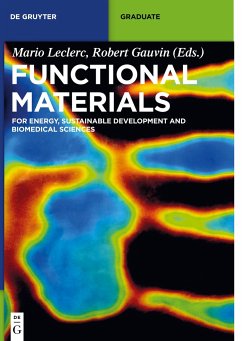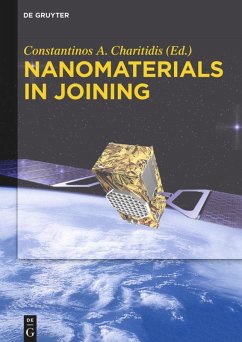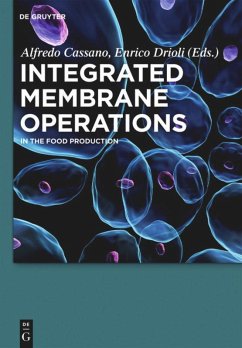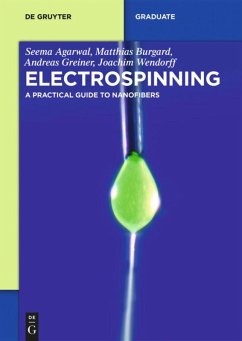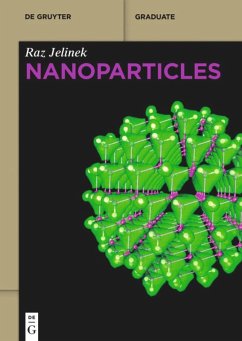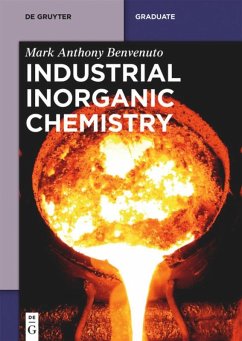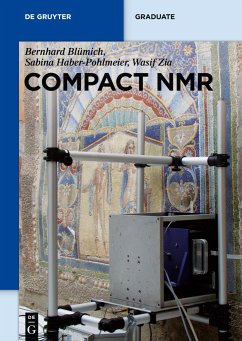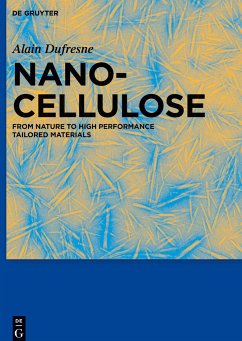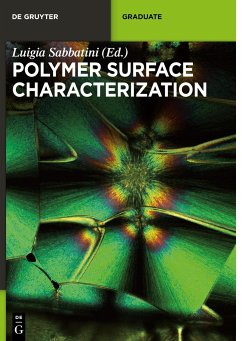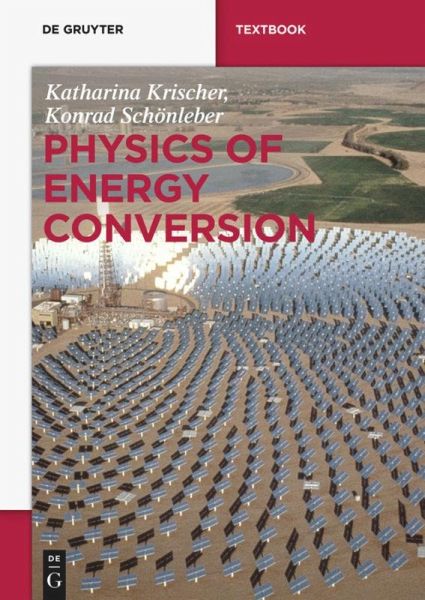
Physics of Energy Conversion
Versandkostenfrei!
Versandfertig in 6-10 Tagen
79,95 €
inkl. MwSt.
Weitere Ausgaben:

PAYBACK Punkte
0 °P sammeln!
Covers the physical basis of the most important energy conversion processes used for energy supply. Provides the fundamentals and a scientific understanding of the physics behind thermal power plants, solar cells and power plants, batteries and fuels cells as well as energy storage devices.
A profound understanding of the physical laws underlying energy converters is a prerequisite for a sustainable use of our energy resources.
The aim of this textbook is to provide a unified view on the different energy conversion processes ranging from power plants to solar cells. It offers an interdisciplinary introduction to energy sciences for senior undergraduate and graduate students from natural sciences and engineering. The central theme is the treatment of energy converters as open thermodynamical systems and the performance of efficiency analyses, based on the concept of exergy.
Presents the physics behind the most important energy converters in a unified framework. Evaluates the performance of ideal and realistic energy converters in terms of energy and exergy efficiencies Provides basic concepts needed for a discussion of energy converters, such as chemical and applied thermodynamics, electrochemistry and solid state physics.
About the Authors
Katharina Krischer
is a professor of physics at the Technische Universität München, Germany. She has taught lectures on energy sciences for undergraduate and graduate students for more than 10 years. Her research topics include the photo-electrochemical production of solar fuels.
Konrad Schönleber
is a researcher in the group of Prof. Krischer which he joined after graduating in physics from the Technische Universität München. His research interest focuses on light-driven semiconductor electrochemistry and its application for renewable energies.
The aim of this textbook is to provide a unified view on the different energy conversion processes ranging from power plants to solar cells. It offers an interdisciplinary introduction to energy sciences for senior undergraduate and graduate students from natural sciences and engineering. The central theme is the treatment of energy converters as open thermodynamical systems and the performance of efficiency analyses, based on the concept of exergy.
Presents the physics behind the most important energy converters in a unified framework. Evaluates the performance of ideal and realistic energy converters in terms of energy and exergy efficiencies Provides basic concepts needed for a discussion of energy converters, such as chemical and applied thermodynamics, electrochemistry and solid state physics.
About the Authors
Katharina Krischer
is a professor of physics at the Technische Universität München, Germany. She has taught lectures on energy sciences for undergraduate and graduate students for more than 10 years. Her research topics include the photo-electrochemical production of solar fuels.
Konrad Schönleber
is a researcher in the group of Prof. Krischer which he joined after graduating in physics from the Technische Universität München. His research interest focuses on light-driven semiconductor electrochemistry and its application for renewable energies.




